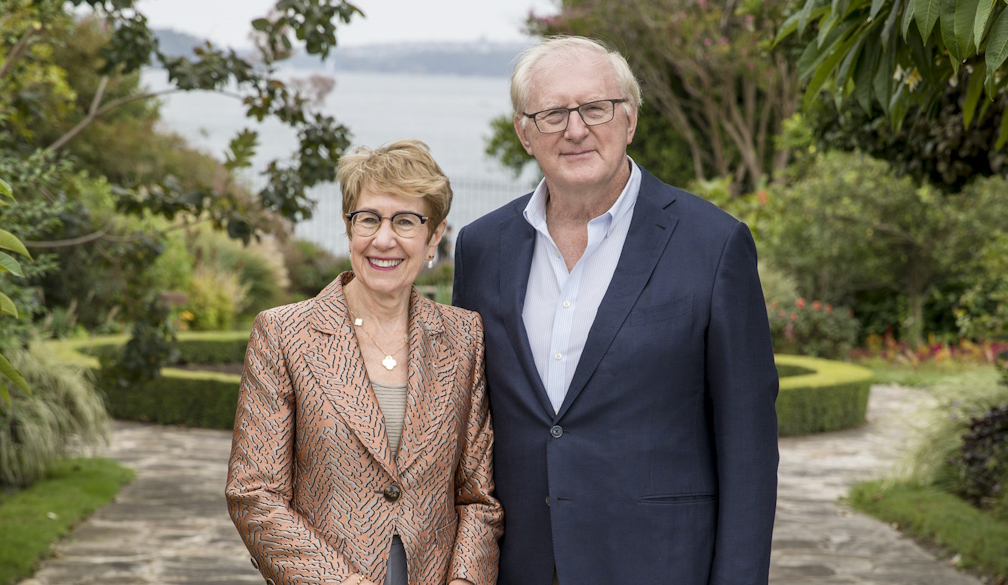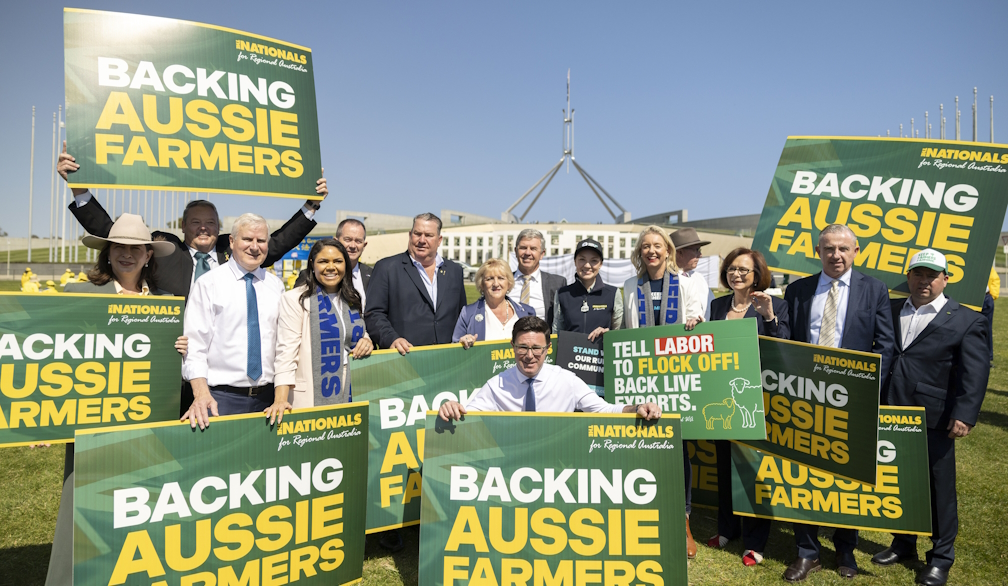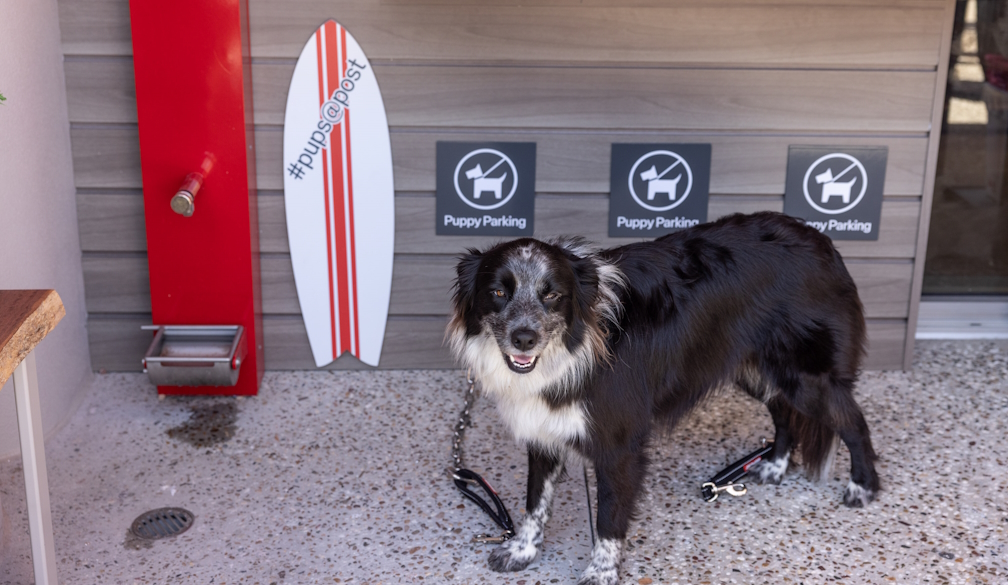Seasonal turnaround sees confidence grow on farm in WA
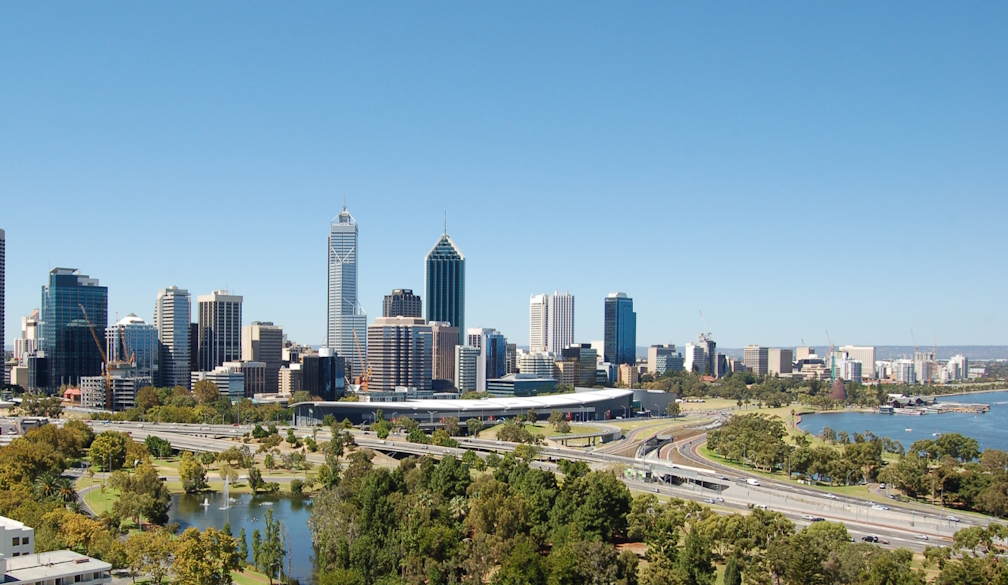
Winter rainfall has dampened down concerns in Western Australia’s farm sector, with rural confidence improving this quarter, however the impact of government policies – especially to the live export market – remains a leading cause for worry.
The quarter three Rabobank Rural Confidence Survey, released today, saw WA farmer confidence rally after a dip last quarter which coincided with a late seasonal break in the west.
Improved optimism in the state’s farm sector was in line with sentiment nationally, with farmer confidence levels increasing across the country in the latest quarter.
Although WA’s net rural confidence remains in “negative territory” – still with more farmers expecting farm business conditions to deteriorate than to improve – it has improved from -21 per cent last quarter to now sit at -8 per cent.
Completed last month, the survey found more WA farmers are expecting the agricultural economy to improve in the next 12 months, lifting to 24 per cent, from 19 per cent last quarter. Fewer also believe economic conditions will worsen (32 per cent, compared with 39 per cent last quarter) and 38 per cent expect conditions to stay the same.
Government interventions/policies continue to create concerns for WA farmers, nominated by 48 per cent as a negative impact to the agricultural economy, up slightly from 46 per cent with that view last quarter.
Specifically, concerns about changes to live export policy doubled with 33 per cent of WA farmers flagging this as a worry, up from 16 per cent last quarter.
This bump reflected the timing of the survey, which followed the announcement in July that Australia’s live sheep export industry will cease in May 2028.
However, other concerns were shown to have eased for the sector this quarter. There was significant relief around seasonal factors, with only 19 per cent of WA farmers nominating drought as a worry, down from 42 per cent in the previous survey. There was also less concern about rising input costs (for 18 per cent, down from 28 per cent) and falling commodity prices (21 per cent, down from 32 per cent).
Rabobank state manager for Western Australia, Steve Kelly, said while drought had emerged as the leading cause for concern last quarter, seasonal worries had been short lived thanks to widespread rain. 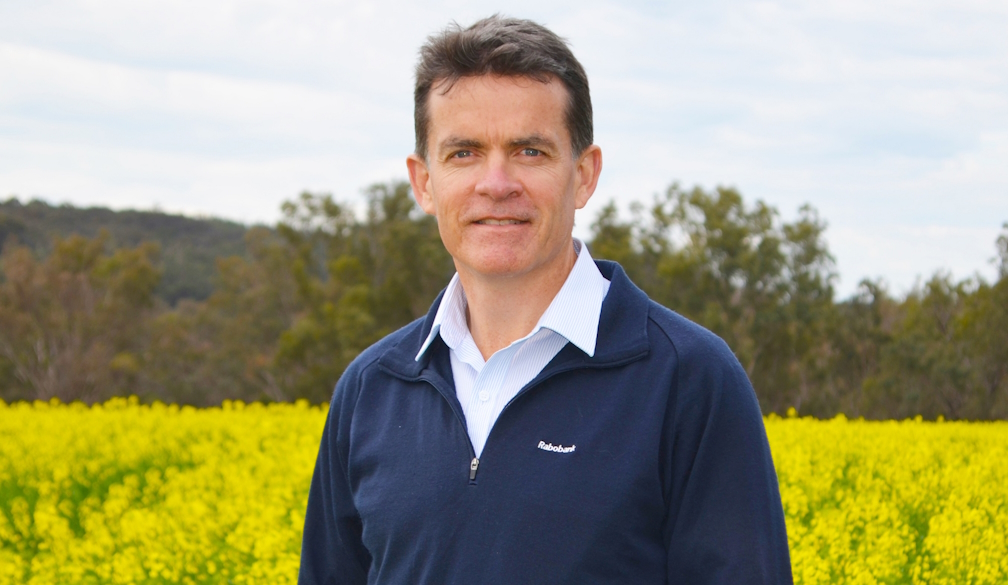
“The dial was shifted squarely back to government intervention and policies as a concern for all farming sectors – especially for WA sheep producers, with the long- anticipated but now confirmed date for the end of live sheep export,” he said.
“Although seasonal pressure has eased for WA grain growers, their outlook is tempered by grain prices with additional falls in prices occurring during the survey period.
“Winter crop production in WA is forecast to rise year-on-year, but income will be capped by global drivers, strong domestic production and the potential of a forecast rise in the Australian dollar versus the US dollar by year-end.”
There was more optimism from livestock markets, especially for beef producers following an upward trend in Australian cattle prices through July. The Western Young Cattle Indicator has lifted 28 per cent since the beginning of May. Rabobank forecasts indicate cattle prices should continue to rise in coming months, reflecting increased demand from the US on global markets.
The survey found an increasing number of WA sheep producers looking to commodity prices as cause for positivity.
“For the sheep sector, while demand in key markets remains subdued, the drop in national weekly slaughter volumes appears to have rebalanced the market and supported prices,” Mr Kelly said.
Despite the overall lift in farmer confidence in the state this quarter, investment intentions among the state’s primary producers softened.
The number of WA farmers who intend to increase their on-farm investment has declined from 22 per cent to 13 per cent, while the number of farmers planning to decrease their investment was relatively stable at 16 per cent compared with 17 per cent last quarter.
Mr Kelly said this was understandable at this time of year, as most farmers – especially grain growers – “wait until December to shore up their investment plans, based on harvest”.
He said grain farmers had already outlaid considerable expenditure on fertiliser this season.
“Although input costs were less of a concern in the latest survey (listed by 18 per cent compared with 28 per cent last survey), this season’s crop has been a costly one to put in,” he said. “Although the unit price has dropped, additional fertiliser that has been used has increased the investment in the crop.”
Mr Kelly said the latest survey did find an increase in WA farmers intending to invest in new plant and machinery, “especially in the northern wheat belt, which reflects their strong confidence in the season. But although conditions are looking favourable for a solid finish, it’s still September so there is caution around investment intentions”.
More than half of WA farmers surveyed intend to build new farm infrastructure – such as fences, yards and silos – (53 per cent, up from 49 per cent) and there was increased interest in adopting new technologies (36 per cent, up from 31 per cent).
Interest in property purchase to expand farming operations was similar to last quarter at 15 per cent – stabilised by inflationary forecasts in late July which reduced hopes for a rate cut, Mr Kelly said.
A comprehensive monitor of outlook and sentiment in Australian rural industries, the Rabobank Rural Confidence Survey questions an average of 1000 primary producers across a wide range of commodities and geographical areas throughout Australia on a quarterly basis.
The most robust study of its type in Australia, the Rabobank Rural Confidence Survey has been conducted since 2000 by an independent research organisation. The next results are scheduled for release in December 2024.

